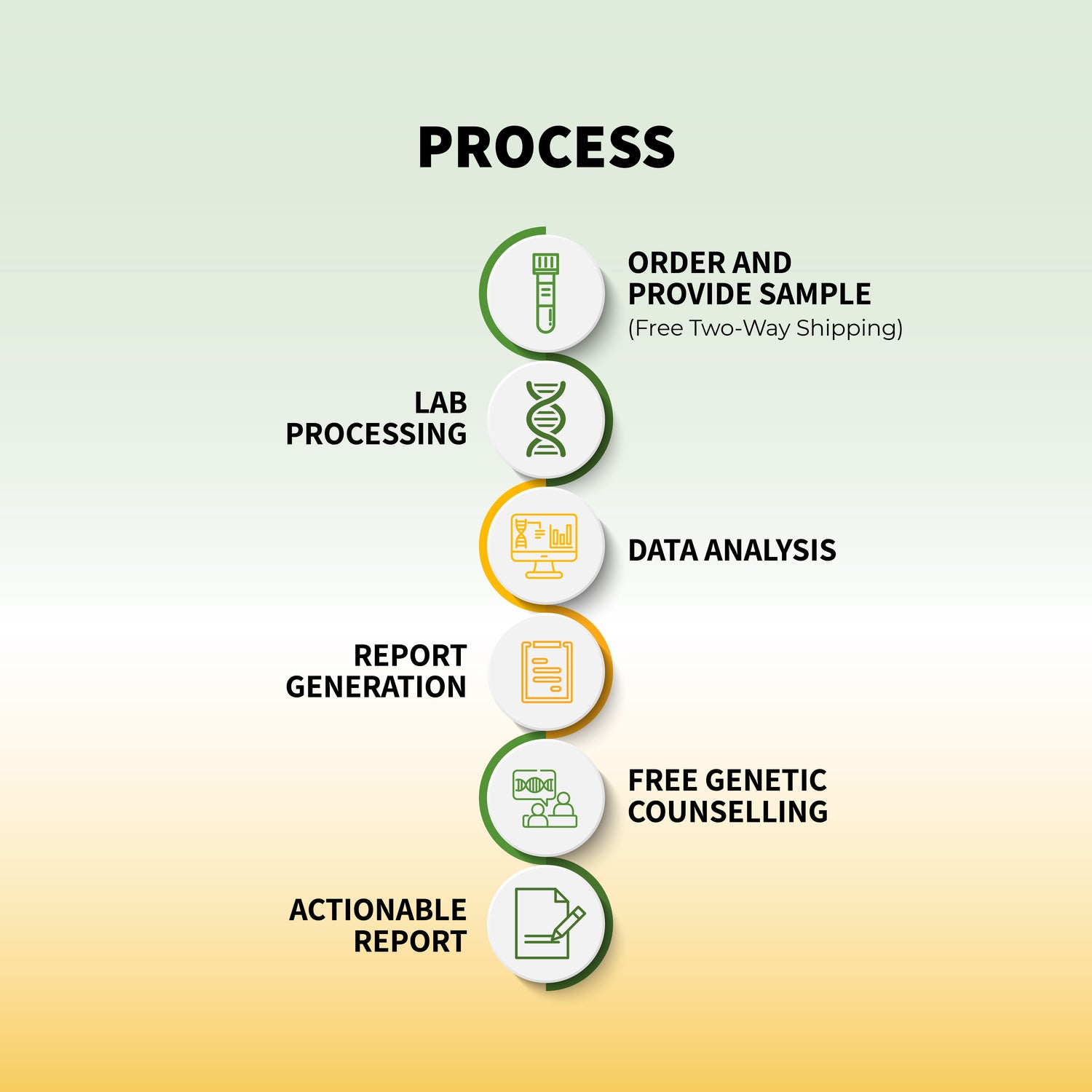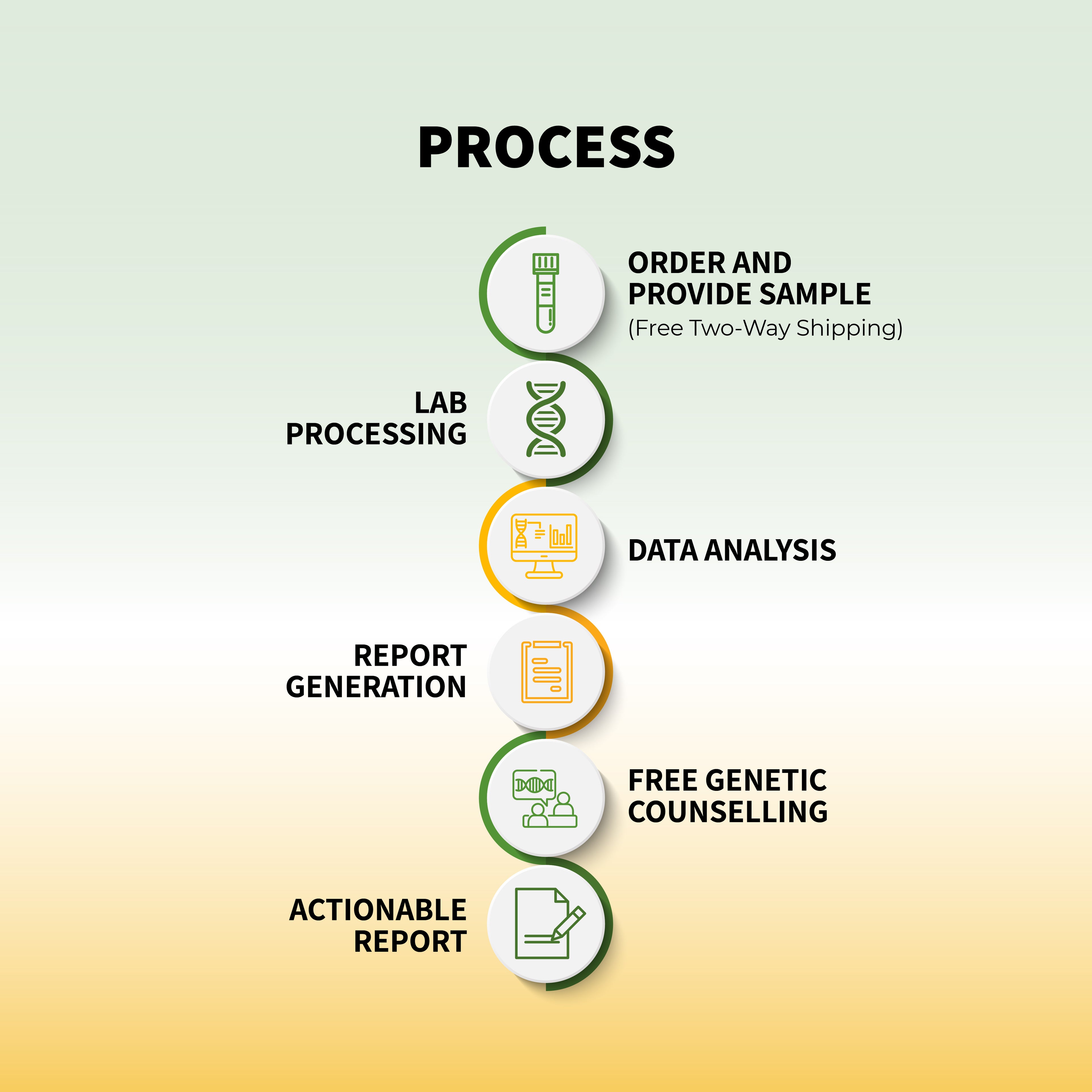Lung cancer, a formidable adversary in the realm of oncology, continues to pose a significant global health challenge. While various factors contribute to the development of lung cancer, including environmental exposures and lifestyle choices, the role of genetics is increasingly gaining attention. In this blog, we delve into the intricate relationship between genetics and lung cancer, with a specific focus on the Indian population.
Understanding lung cancer
Lung cancer is characterized by uncontrolled cell growth in the tissues of the lung. It can be broadly classified into two main types: non-small cell lung cancer (NSCLC) and small cell lung cancer (SCLC). Both types have distinct genetic profiles that influence their development, progression, and response to treatment.
Genetics of lung cancer
Genetic susceptibility
Individuals with a family history of lung cancer may be at a higher risk due to shared genetic factors. Specific genetic variations, such as mutations in certain genes, can increase susceptibility. Notably, gene variations like EGFR, KRAS, and TP53 have been linked to lung cancer.
Ethnic variations
The prevalence of certain genetic mutations varies among different ethnic populations. For instance, studies have shown that the prevalence of EGFR mutations in lung cancer is higher in Asian populations, including Indians, compared to Western populations. This has implications for the choice of targeted therapies.
Genetics of lung cancer in the Indian population
Prevalence and incidence
In India, lung cancer is a significant public health concern, with both urban and rural populations affected. According to the Indian Council of Medical Research (ICMR), lung cancer is one of the leading cancer types among Indian men and women.
EGFR mutations
EGFR mutations are more commonly found in lung cancer patients of Asian descent, including Indians. A subset of patients with these mutations may be eligible for targeted therapies such EGFR tyrosine kinase inhibitors, a promising option for a subset of patients.
Also Read| While we breathe, we will hope
Research and advancements
Ongoing research in India is focused on unraveling the genetic landscape of lung cancer. Collaborative efforts between researchers and healthcare professionals aim to identify novel genetic markers, improve diagnostics, and develop targeted therapies tailored to the Indian population.
Genomepatri™ - MapmyGenome’s DNA tests for lung cancer
Genomepatri™ is MapmyGenome’s at-home DNA test that provides insights into various aspects of an individual's health, including predispositions to certain conditions, lifestyle recommendations, and traits. While Genomepatri™ may provide general health and wellness information, it might not be specifically focused on lung cancer. However, it could offer insights into overall health and lifestyle factors that could contribute to a holistic approach to disease prevention.
Benefits of Genomepatri™
1. Know yourself better - gain insights into physiological and lifestyle traits & patterns that define you2. Helps you in personalizing diet and fitness
3. Identify potential risks for lifestyle/chronic disease and consider early intervention
4. Find how you respond to commonly prescribed medicines
5. Personalized action plan for better health based on your DNA and family health history















